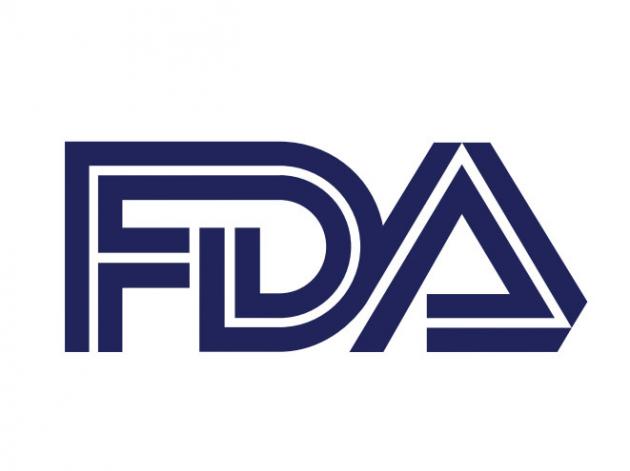
The U.S. Food and Drug Administration Tuesday approved Spark Therapeutic’s Luxturna (Ingredient: voretigene neparvovec-rzyl), a new gene therapy, to treat children and adult patients with an inherited form of vision loss that may result in blindness.
The new treatment is the first FDA approved gene therapy that targets diseases caused by a mutation in a specific gene. The agency approved the drug for patients with confirmed biallelic RPE65 mutation-associated retinal dystrophy.
Hereditary retinal dystrophies are a broad group of retinal genetic disorders that are associated with progressive visual dysfunction and are caused by mutations in any one of more than 220 different genes. The RPE65 gene provides instructions for making an enzyme that is essential for normal vision. Mutations in the RPE65 gene lead to reduced or absent levels of RPE65 activity, blocking the visual cycle and resulting in impaired visions that can ultimately progress to complete blindness.
The drug delivers a standard copy of RPE65 gene directly to the retinal cells. After receiving the gene copy, the retinal cells produce a healthy protein that converts light to an electrical signal in the retina to restore patient’s vision loss.
Spark Therapeutic established the safety and efficacy of the drug in a clinical development program in 41 patients, who had biallelic RPE65 mutations, between the ages of four and 44.
Common adverse reactions associated with Luxturna in clinical trials included eye redness cataract, increased intraocular pressure and retinal tear.
“The approval of Luxturna opens the door wider to the potential of gene therapies,” said Peter Marks, director of the FDA’s Center for Biologics Evaluation and Research. “Patients with biallelic RPE65 mutation-associated retinal dystrophy now have a chance for improved vision, where little hope previously existed.”
FDA also attached considerable significance to its approval of Luxturna.
“Today’s approval marks another first in the field of gene therapy, and this milestone reinforces the potential of this breakthrough approach in treating a wide range of challenging diseases,” said Scott Gottlieb, FDA Commissioner. “The culmination of decades of research has resulted in three gene therapy approvals this year for patients with serious and rare diseases. I believe gene therapy will become a mainstay in treating, and maybe curing, many of our most devastating and intractable illnesses.”

